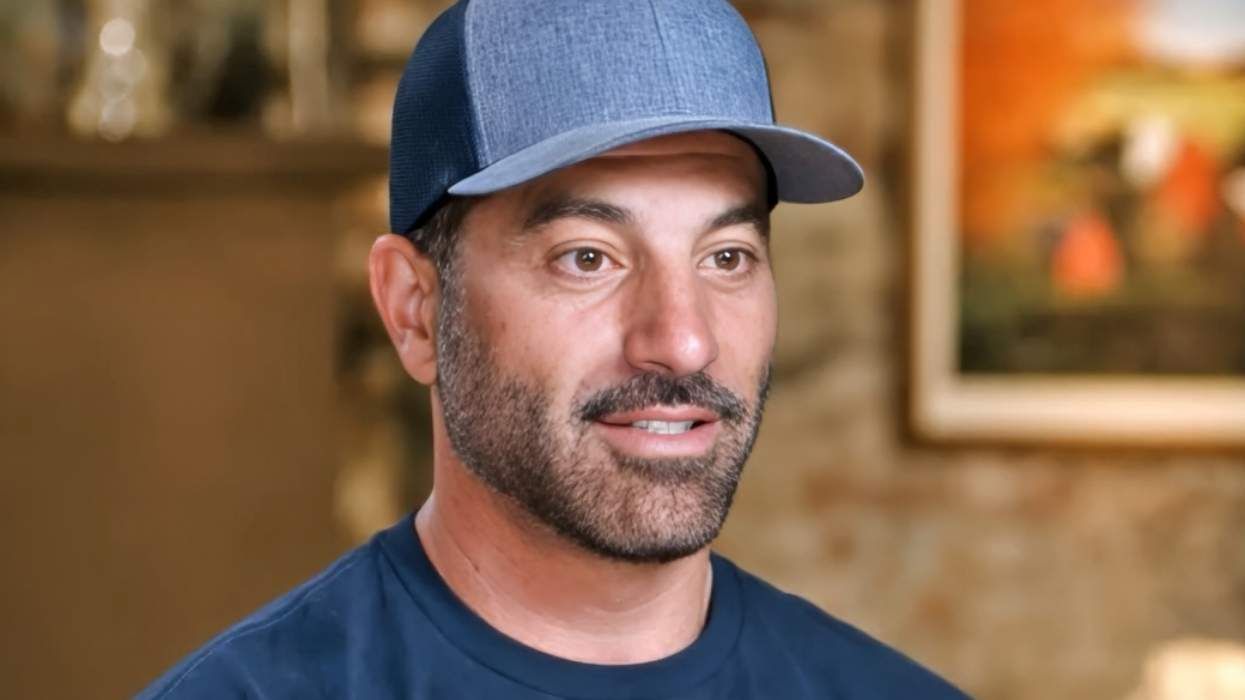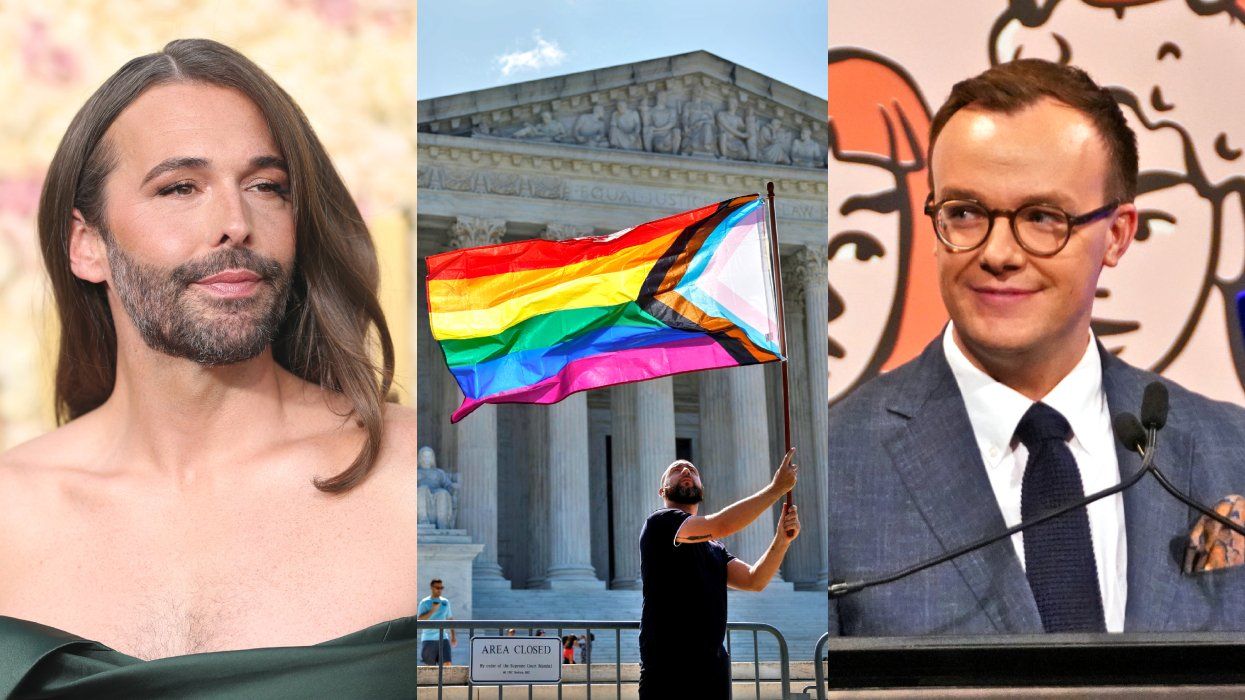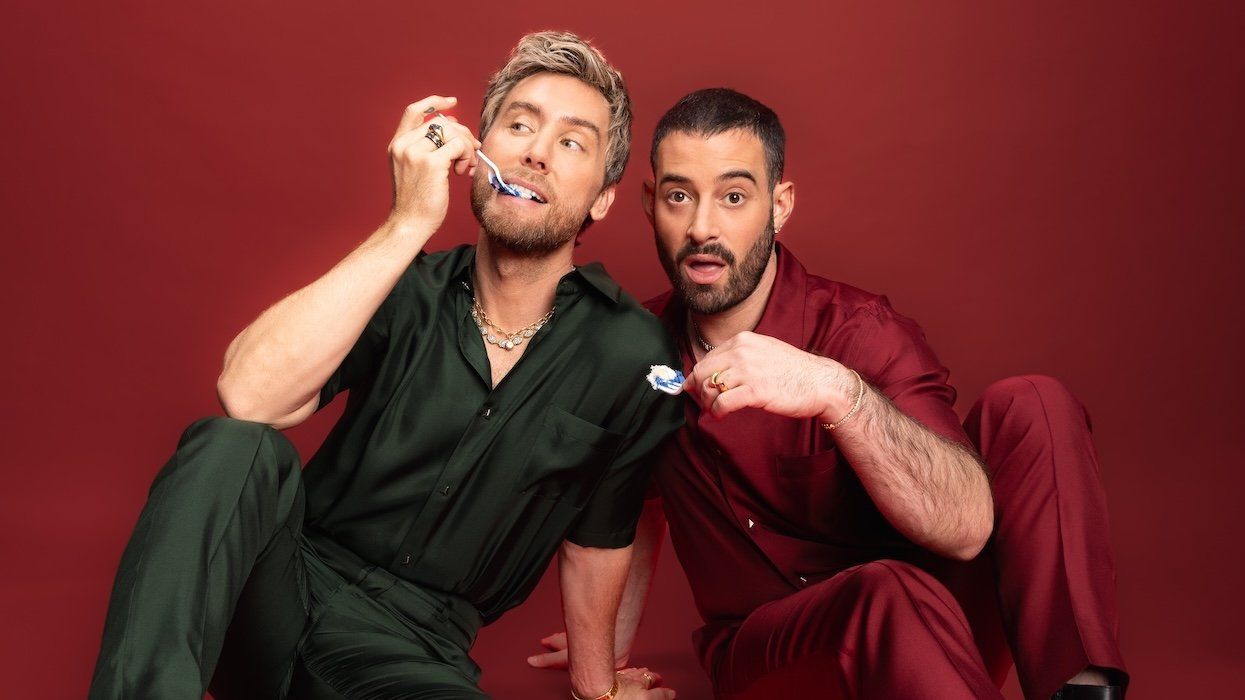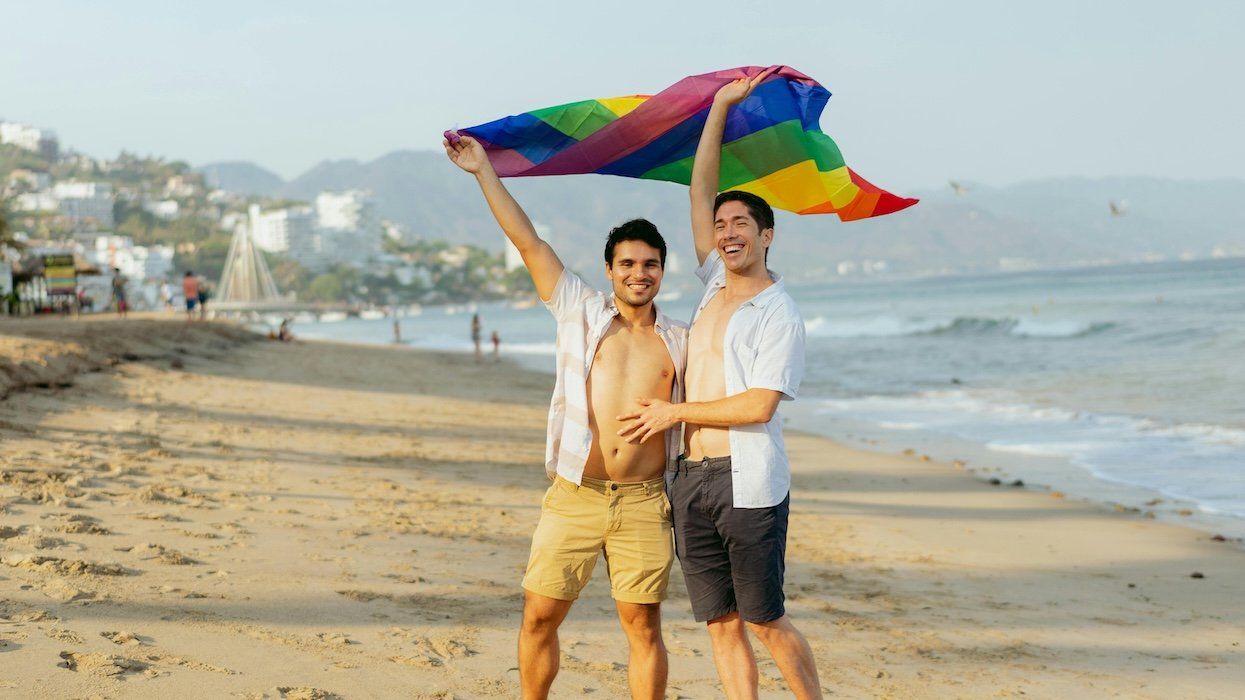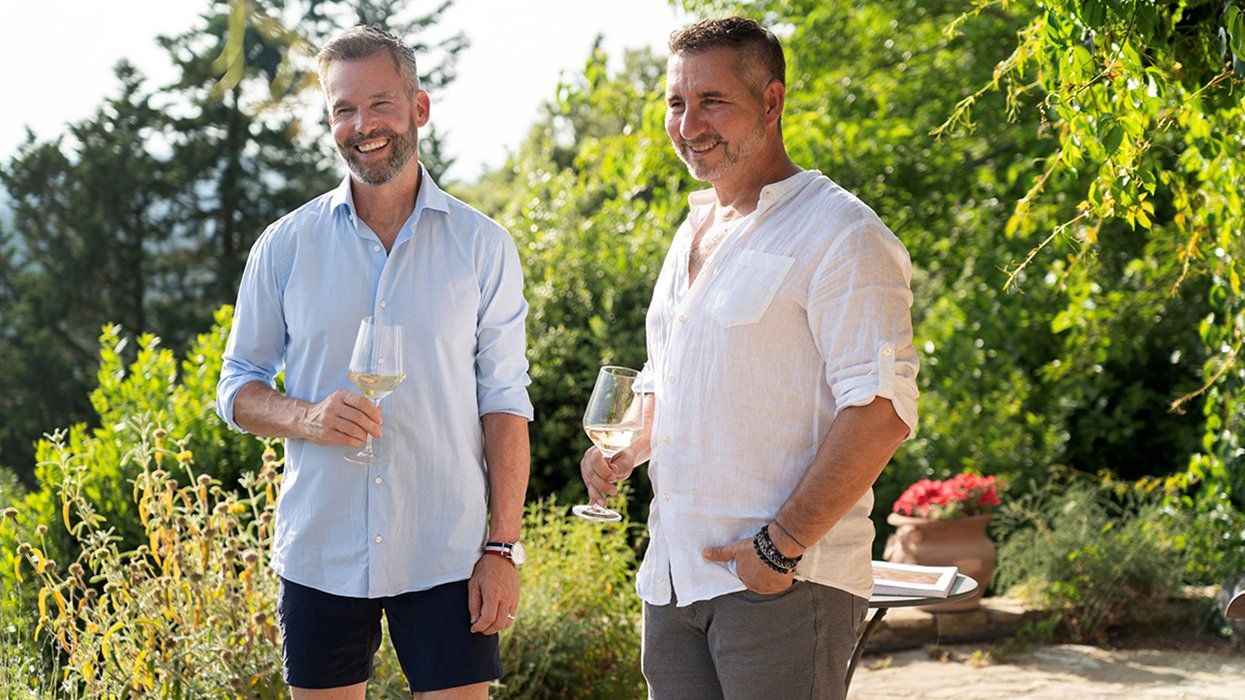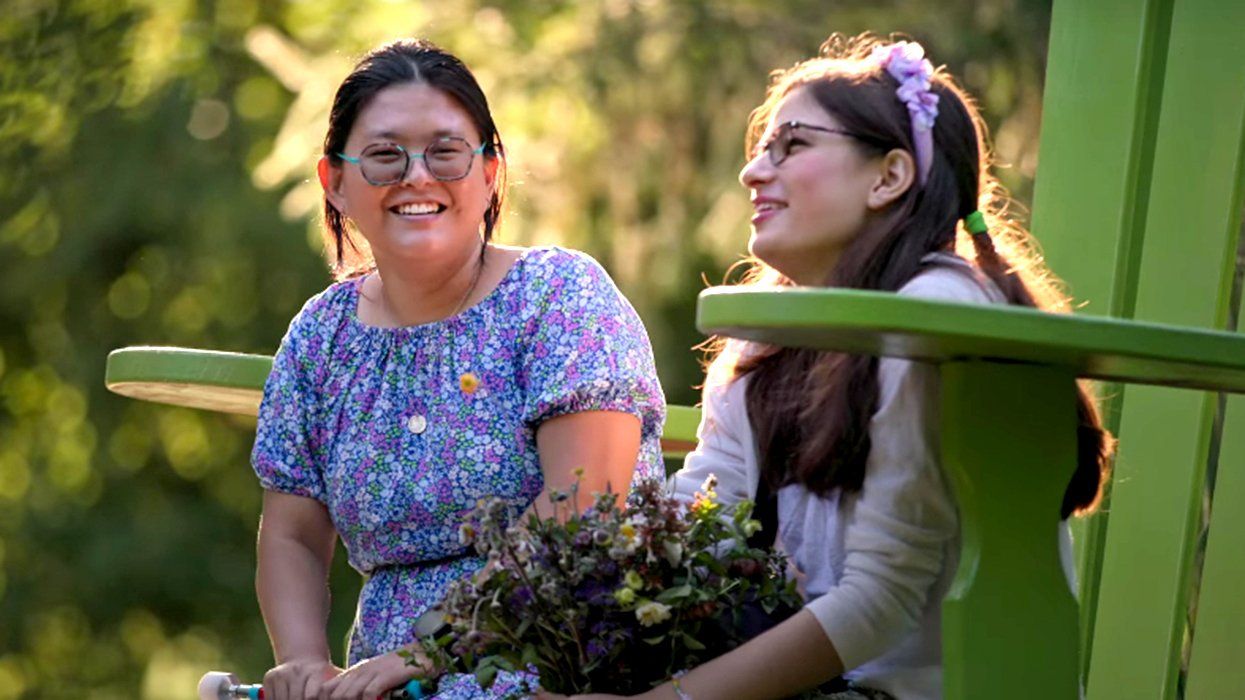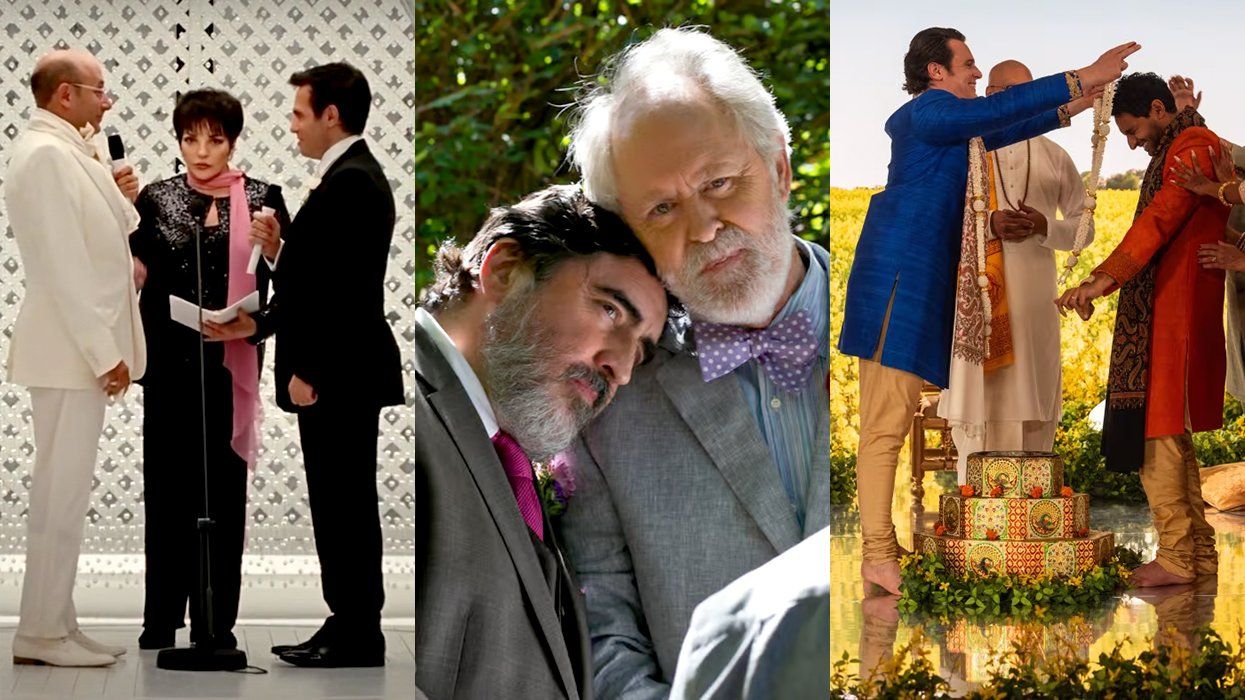The Balkan country of Montenegro has legalized same-sex civil unions. The country's 81-seat parliament passed the measure with 42 votes, according to Radio Free Europe. The move grants same-sex civil unions the same benefits as heterosexual ones, although they will still be barred from adopting children.
"With this law, same-sex couples in Montenegro are going to be recognised within the legal system for the first time," John M. Barac, executive director for Montenegran group LGBT Forum Progess, tells Out. "Furthermore, same-sex couples will be brought one step closer to actual equality with heterosexual couples and be granted dignity and respect that they didn't have until now in that context."
"I welcome the adoption of the Law on Same Sex Life Partnership in Parliament!" Prime Minister Dusko Markovic tweeted in response to the news.
The U.S. embassy in the country's capital of Podgorica lit up in rainbow colors in recognition of the historic vote, noting that "#LGBTI rights are #HumanRights."
While the vote was hailed as historic, others were quick to note the political motives involved. The country is currently completing the process of joining the European Union, and the historic vote recognizing same-sex civil unions is seen by many as an attempt to positively influence that decision. The country is deeply religious, with over 72 percent of the country identifying as Orthodox while nearly 20 percent identify as Muslim.
Montenegro sits on the Adriatic Sea and is bordered by Albania to the south and Bosnia-Herzegovina to the north. The country was part of the Ottoman Empire for centuries, and later under the iron-fist rule of Marshall Josip Tito as part of the patchwork Soviet satellite country of Yugoslavia. Montenegro eventually gained its independence in 2006 and was admitted to NATO in 2017.
Noting that "the overall environment, including political, social and religious, is still quite negative towards the LGBTI community" and that "discrimination, violence and prejudice are still widespread" in Montenegro, Barac was quick to caution that the move should not be read as an indicator of greater tolerance and acceptance.
"We see this law as more of a step on the way towards the EU rather than the reflection of an actual societal change," Barac tells Out. "While we cannot ignore the change that has happened in Montenegro in the past decade, we are still some steps away from being truly open and accepting of LGBTI people as a society."









